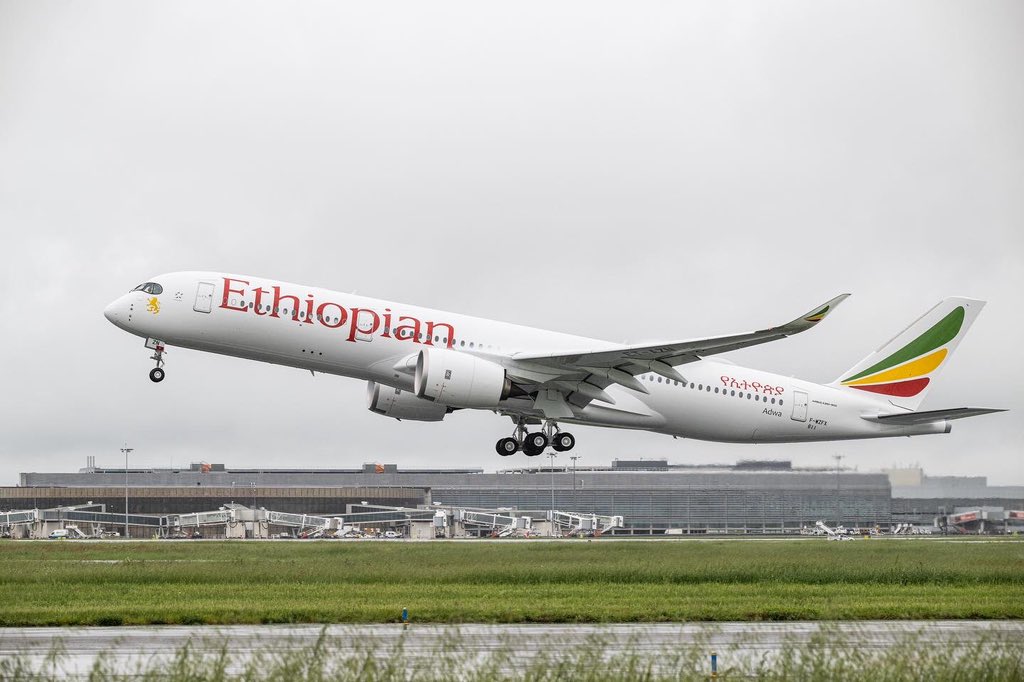The Ethiopian and Nigerian central banks have agreed to swap funds trapped in their respective states, which will see Ethiopian Airlines (ET) recover up to $100 million trapped in Nigeria, as per The Reporter.
Both countries have blocked a significant amount of airline funds, with a low allocation of dollar to their aviation industries due to severe foreign currency shortages. The agreement between the central banks involves exchanging Ethiopian Airlines' funds in Nigeria for Dangote Cement's funds trapped in Ethiopia.
Nigerian banks hold about $180 million of Ethiopian’s revenue. Ethiopia can access blocked funds in Nigeria through the swap agreement, including money owed to the flag carrier.
The same deal applies to funds trapped in Ethiopia. Nigeria's central bank presented Dangote with the currency exchange proposal, which allows it to convert excess ET Birr for US Dollars. The West African state will access funds blocked in Ethiopia through the Nigerian cement-producing firm, Dangote Cement.
Although a swap deal is in place, sources say that Dangote still has over $200 million blocked in Ethiopia.
Dangote Cement is Sub-Saharan Africa's leading cement company, producing over 48.6 million tonnes annually in ten countries. The firm has the largest cement plant in Ethiopia, producing up to 2.5 million Metric Tonnes Annually.
Ethiopia also has a significant amount of blocked airline funds. Shortage of foreign currency and significantly low allocation of USD to the aviation sector have led to $95 million in airline funds being trapped in the East African country.
Although the swap deal will allow Ethiopian to retrieve some of its funds, Nigeria still holds over $700 million of airline funds. At the same time, Ethiopia holds a significant amount, as a payout to Dangote does not affect the aviation industry.
According to figures released by the International Air Transport Association (IATA) last month, Nigeria has about $812 million in airline funds trapped, leading the list with about 35% of the world's blocked airline funds. It also has more trapped funds than the other top five countries combined: Bangladesh, Algeria, Pakistan, and Lebanon.

